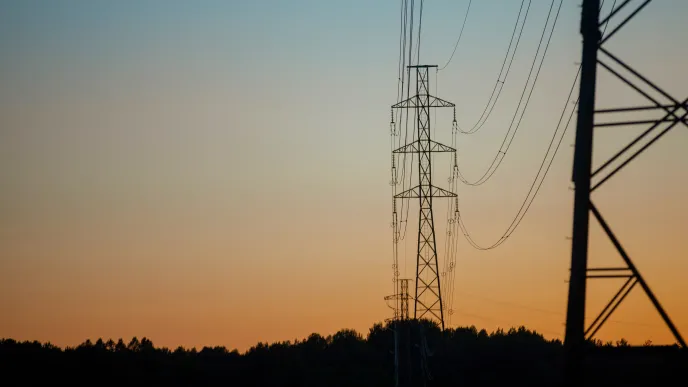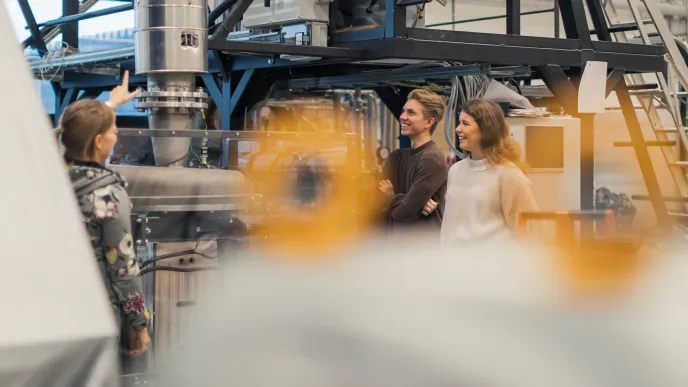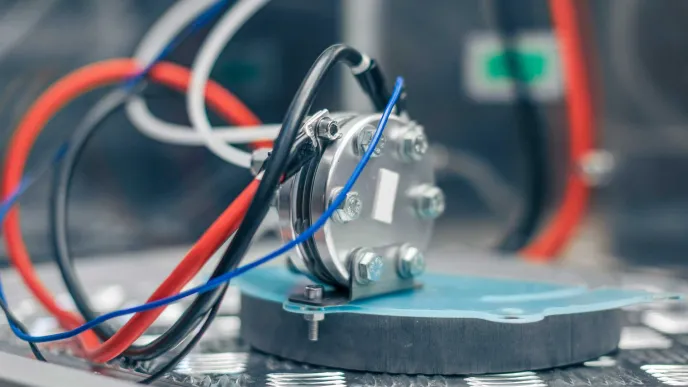left
Thermodynamics studies interaction between systems and environment. Different forms and conservation of energy and matter (1. law) and efficiency and direction of processes (2nd law) have the key role in thermodynamics research. Laboratory of thermodynamics collaborates with universities, research institutes, companies and public actors in different questions related to energy efficiency, conversion and rational use. Both experimental research and numerical models are applied to study different energy systems and related processes from particle level to large scale rational utilization of global energy resources. The laboratory of thermodynamics is responsible for the education of engineering thermodynamics.
right

left
Research areas
- Regional energy production potential and required infrastructures
- CO2 capture, storage and utilization, P2X
- Thermal energy storages and heat pumps
- Industrial energy conversion processes
- Energy systems of buildings and communities
- Reactive gas-solid multiphase flows
right
Infrastructure
- HVAC laboratory with climate chamber (-20 C ... + 40 C)
- Heat recovery system experiments
- Direct Air Capture of CO2 (DAC)
- PCM thermal energy storage test device
- Thermal conductivity meassurements
Projects
Links
Group members
















